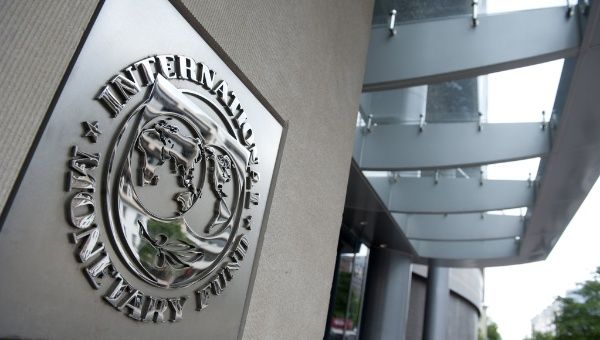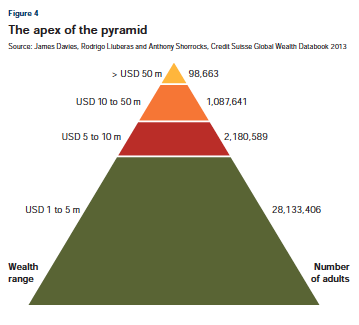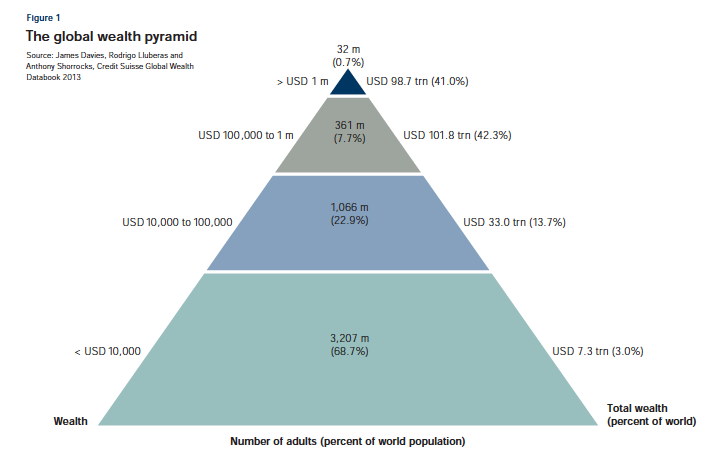economics
Social democracy and neoliberalism: victim or vanguard?

By Damien Cahill, Sydney
Mike Treen: A critique of crisis theory
November 10, 2014 – Mike Treen, Unite Union national director, discusses why capitaism continues to have cris
European economic stagnation: diagnoses and treatments

Trade unions in Greece have announced a general strike against austerity to take place on November 27, 2014.
Venezuela: The political economy of inflation and investment strikes

Hugo Chavez addresses oil workers in 2007, pus





